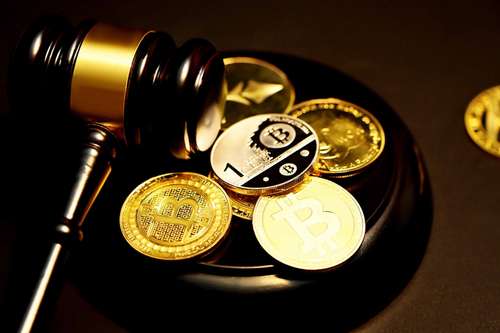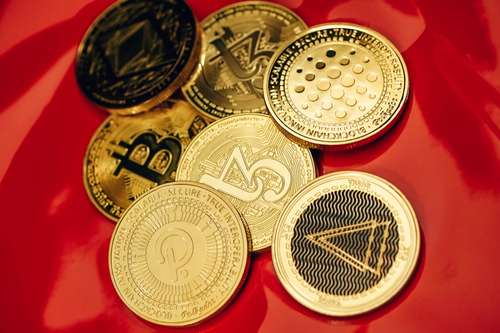South Korean financial authorities are gearing up to conduct a comprehensive review of around 600 cryptocurrencies listed on local exchanges from July 19th onwards.
This effort is part of the country's new Virtual Asset User Protection Act to improve reliability, security, and compliance in the crypto market.
The main objective is to ensure all listed cryptocurrencies meet strict new standards. Until now, exchanges have individually decided which coins to list based on their assessments.
However, the new rules introduce a unified, transparent review process that all exchanges must follow.
What are the new regulations?
The South Korean government has finalized a best practices plan that sets out tough requirements for listing cryptocurrencies on domestic exchanges. This supplements the current internal reviews done by exchanges themselves.
Under the new system, exchanges must re-evaluate each listed cryptocurrency every six months, with additional checks every three months.
Any cryptocurrencies that don't meet the standards will be suspended from trading on that exchange.
9 Key Criteria for Evaluation
There are nine main criteria that cryptocurrencies will be evaluated against:
- suitability for being listed on that particular exchange.
- Reliability of the cryptocurrency's issuer based on information disclosure and circulation supply.
- User protection mechanisms like blockchain explorers to track whitepapers and activity.
- Technology security, such as no hacking incidents and public smart contract codes.
- Compliance with all relevant South Korean laws and regulations.
- Passing qualitative screening with descriptive questions, not just multiple choice.
- Comprehensive disclosure about the issuer, issuance plan, and circulation.
- The issuer has a credible business background.
- There is no concealment of the cryptocurrency's transaction history.
Even if a coin meets all the formal requirements, regulators can still challenge its listing based on qualitative factors.
Some exceptions may be made for cryptocurrencies that have traded without issues for over two years on well-regulated overseas exchanges.
Impact on the Korean Crypto Market
South Korea has 29 domestic crypto exchanges, with Upbit being one of the largest globally by trading volume.
The new regulations could significantly shake up the country's crypto market landscape.

Trading volume of the top 10 crypto exchanges in South Korea | Statista
Currently, altcoins make up over 60% of total trading volumes. So, these stricter rules may lead to many coins being delisted, especially those with low volumes or poor transparency.
The 600 crypto review is part of broader efforts to tighten oversight and enforce compliance with enhanced standards around issuer credibility, security practices, and regulation under the new Virtual Asset User Protection Act, effective July 19th.
Enhancing Security and Transparency
Advocates argue that the new regulations will safeguard investors and enhance transparency and security in South Korea's cryptocurrency markets.
While the goal is to establish a more secure environment, the potential delisting of numerous altcoins could also create short-term market instability.
The regulations require exchanges to follow strict guidelines when listing tokens and re-evaluate existing coins every six months against criteria like issuer reliability, user protections, technology security, and legal compliance.
Severe penalties, including potential jail time, are specified for non-compliance.
Some have raised concerns that up to 600 altcoins could face delisting during these reviews, potentially triggering panic selling.
However, financial regulators have clarified that they will not directly decide listings themselves, only set the standards exchanges must use.
There are also reports of plans for a new dedicated crypto regulation division to oversee policy, supervise, and establish a framework for this rapidly growing industry.
Overall, while stricter rules may be disruptive initially, South Korea aims to cultivate a more secure and trustworthy cryptocurrency ecosystem that better protects investors over the long run.




